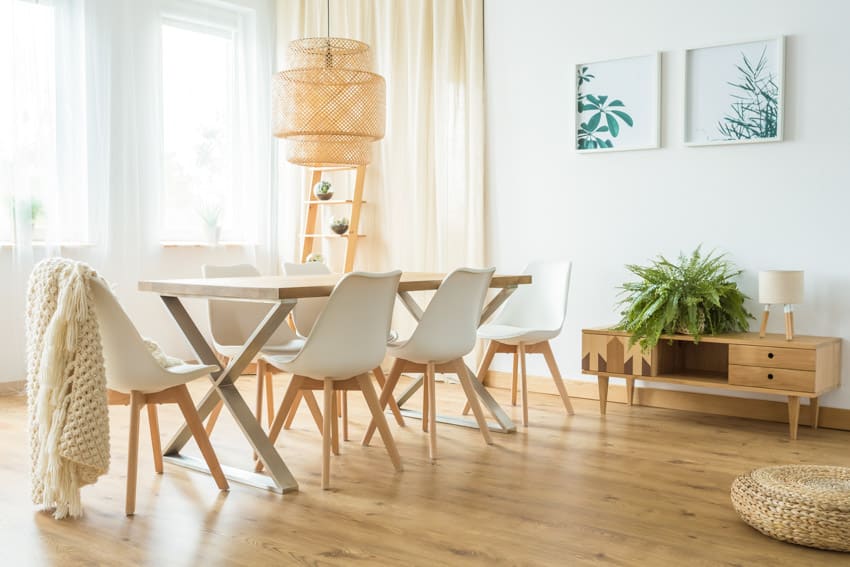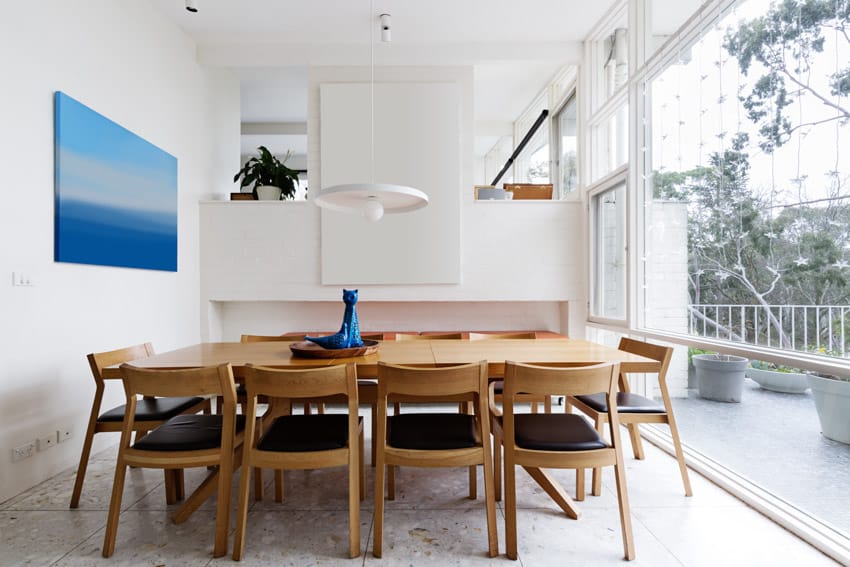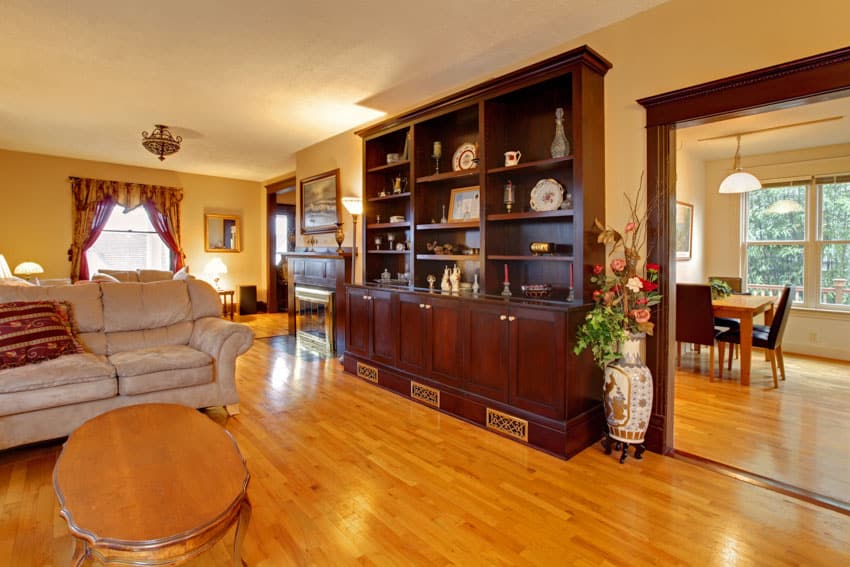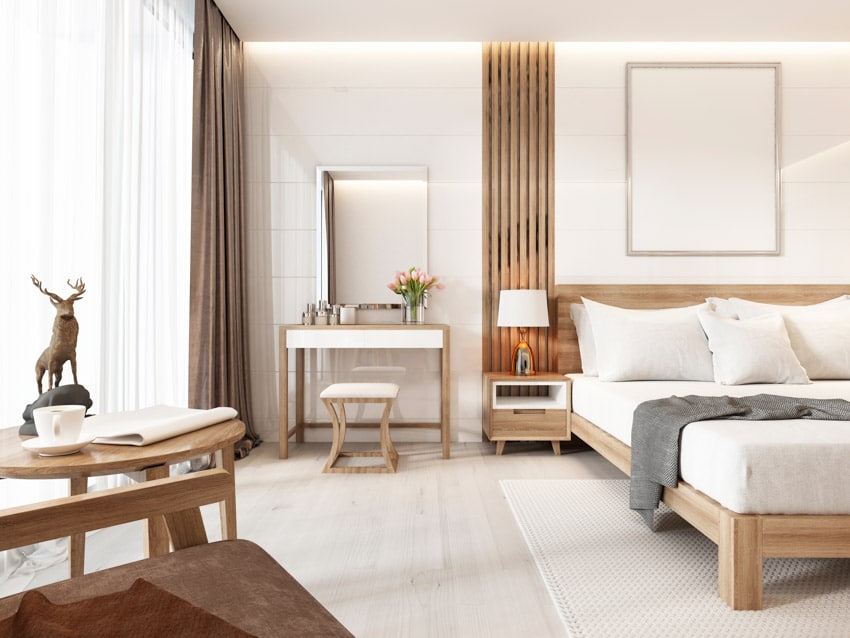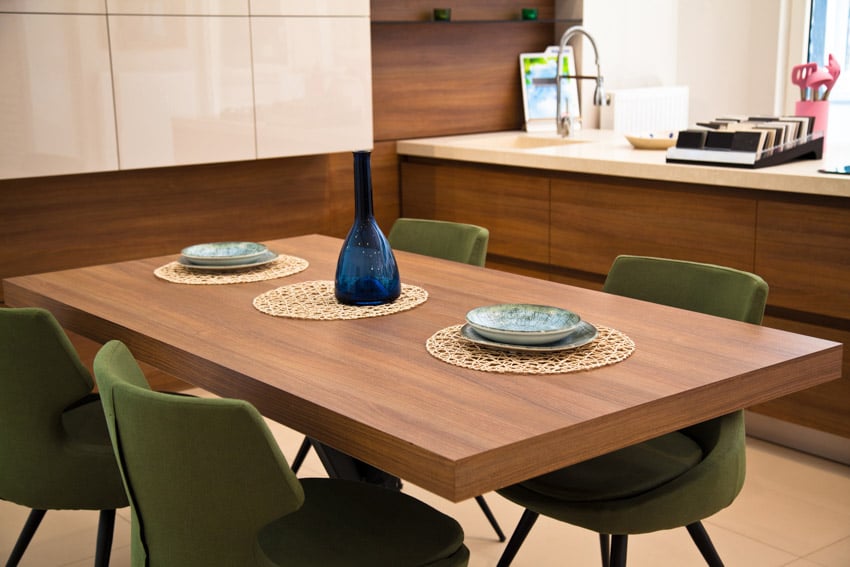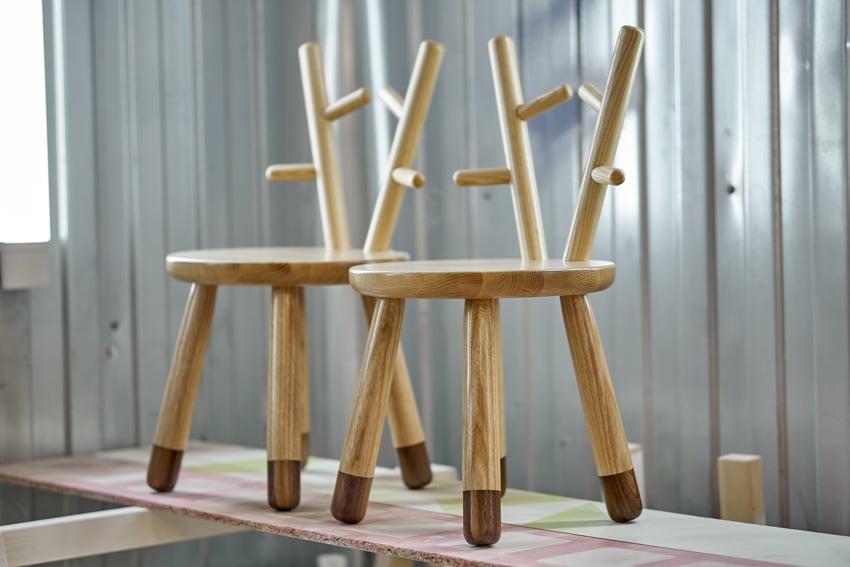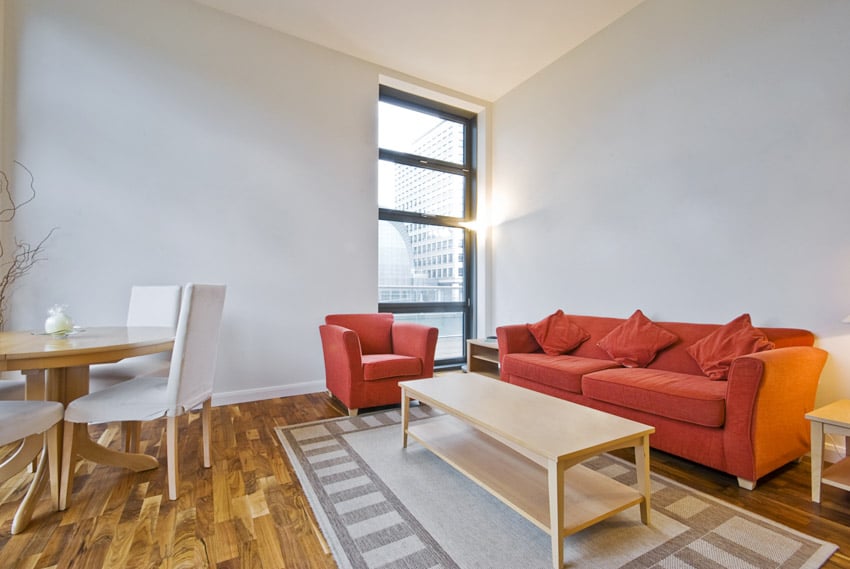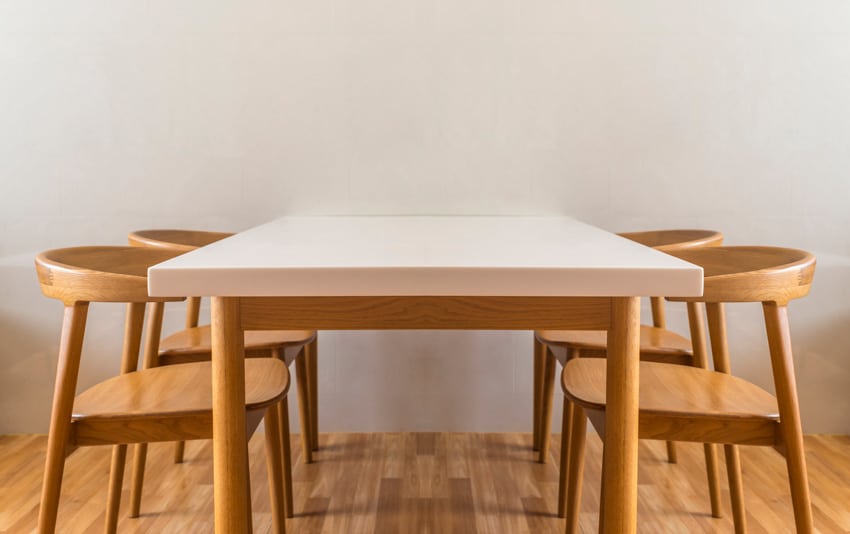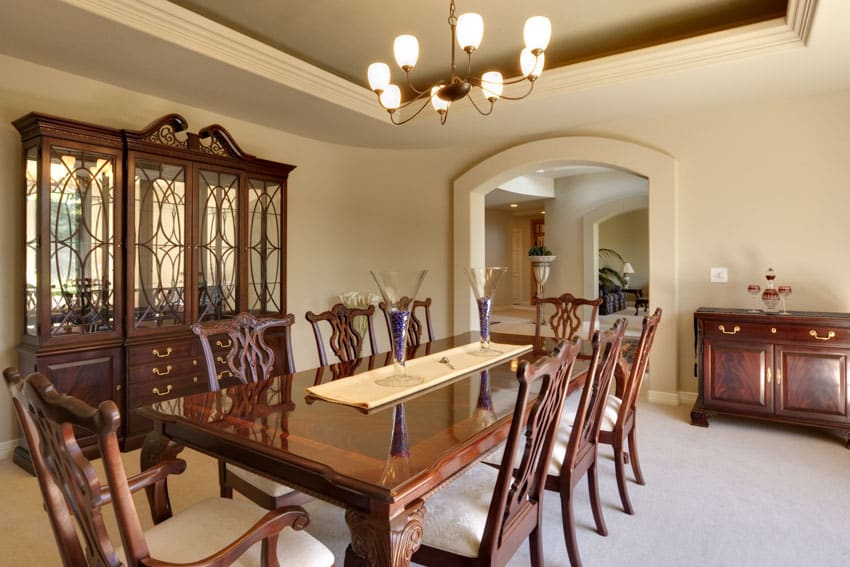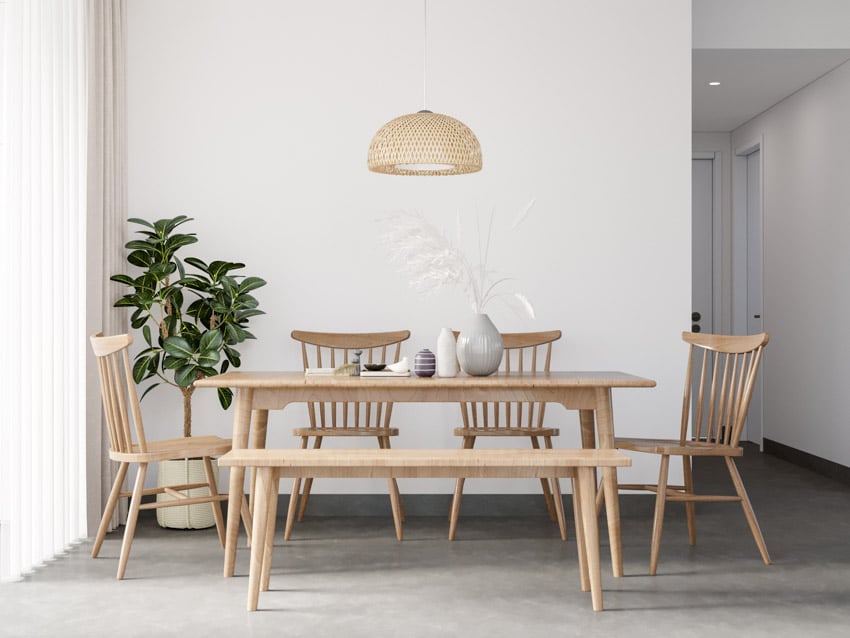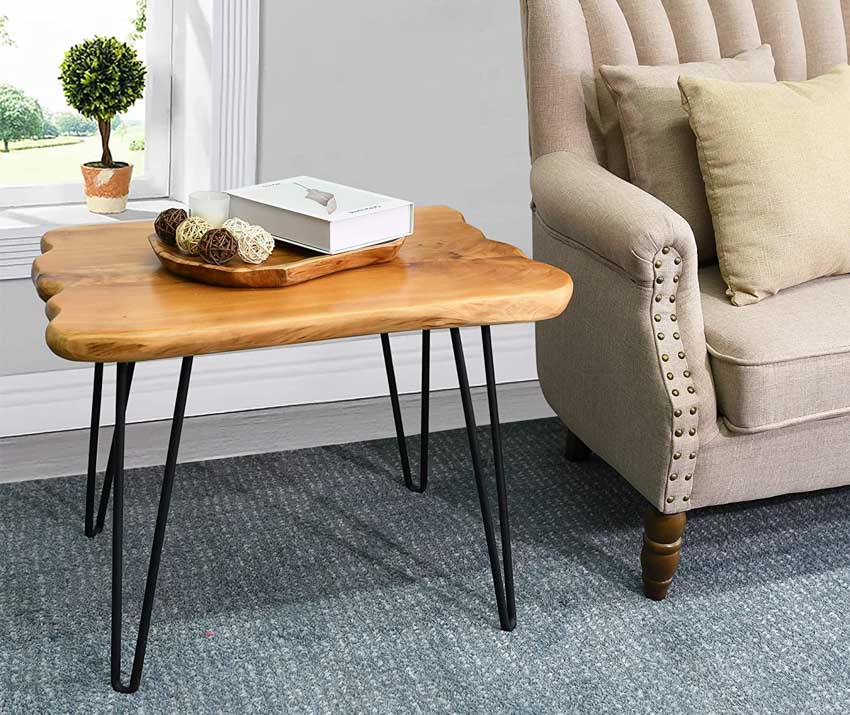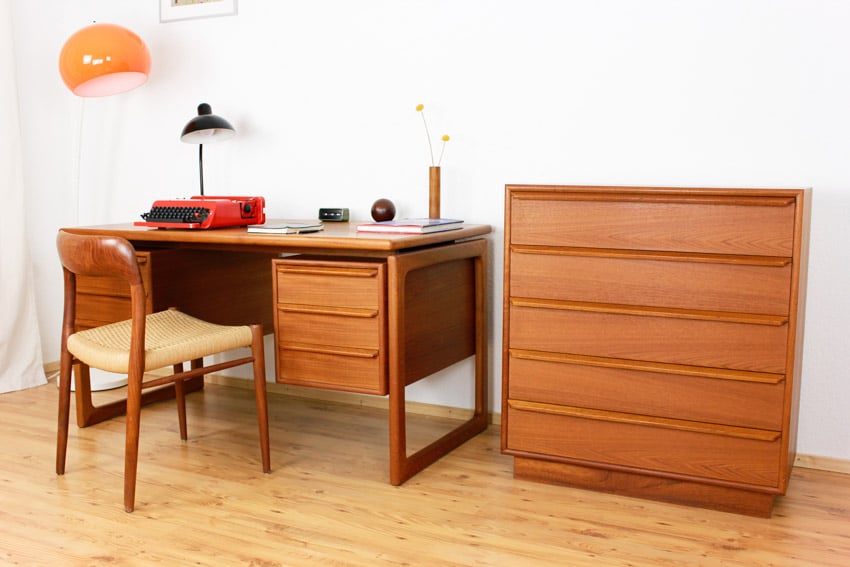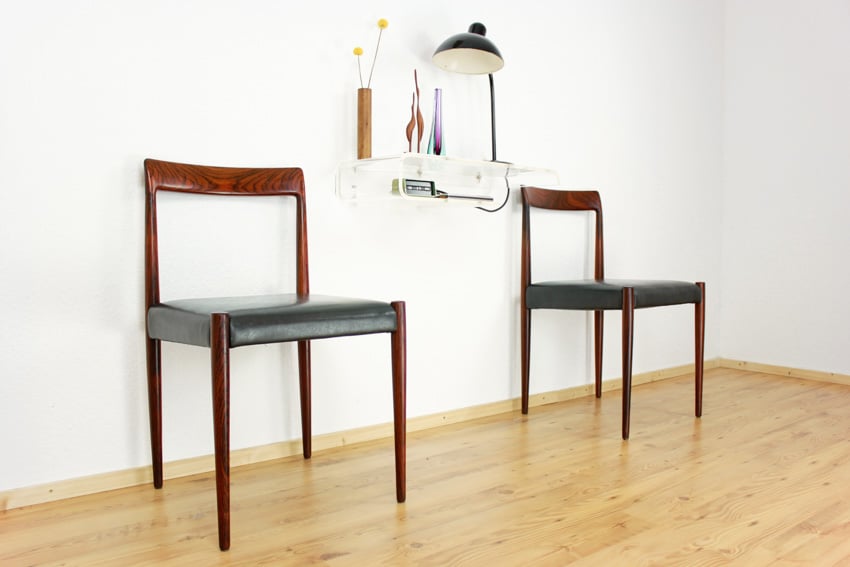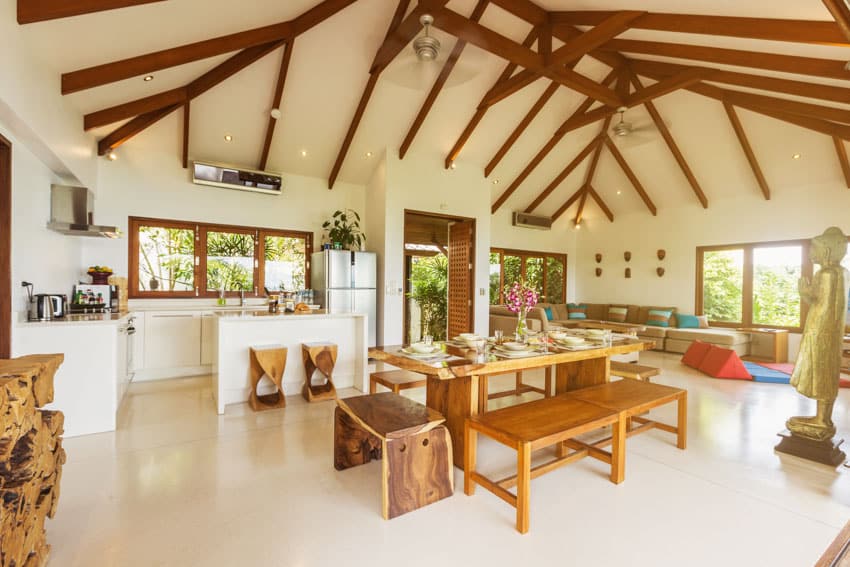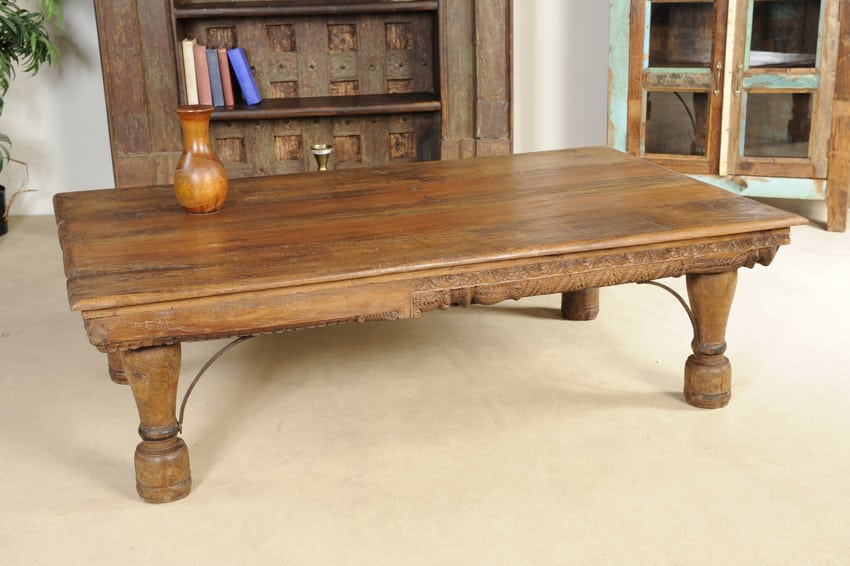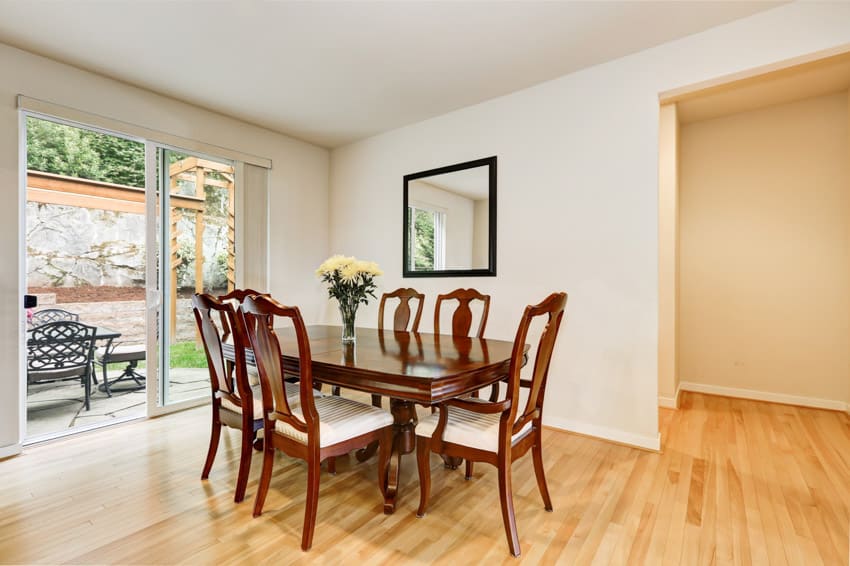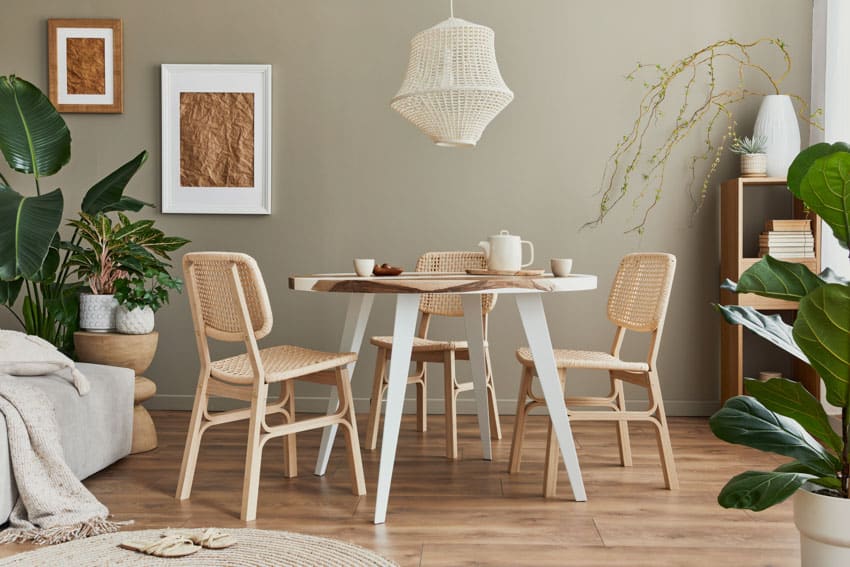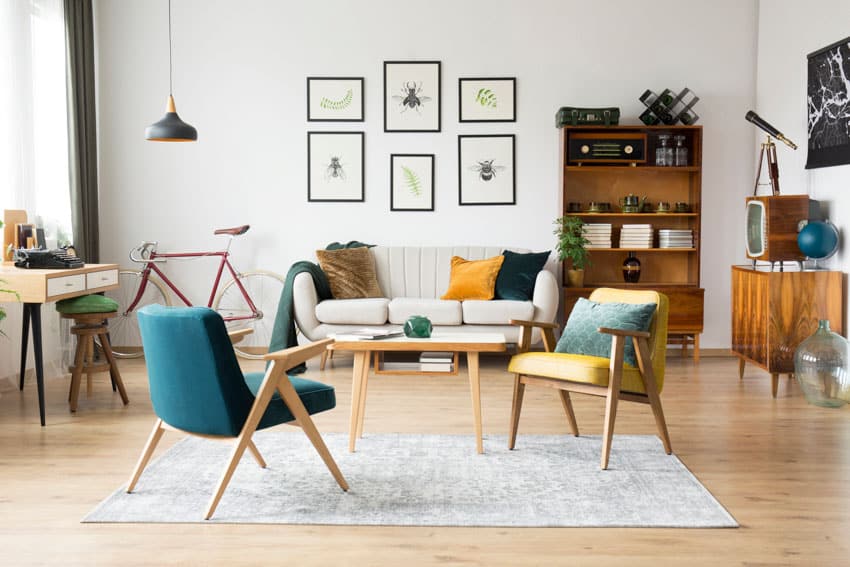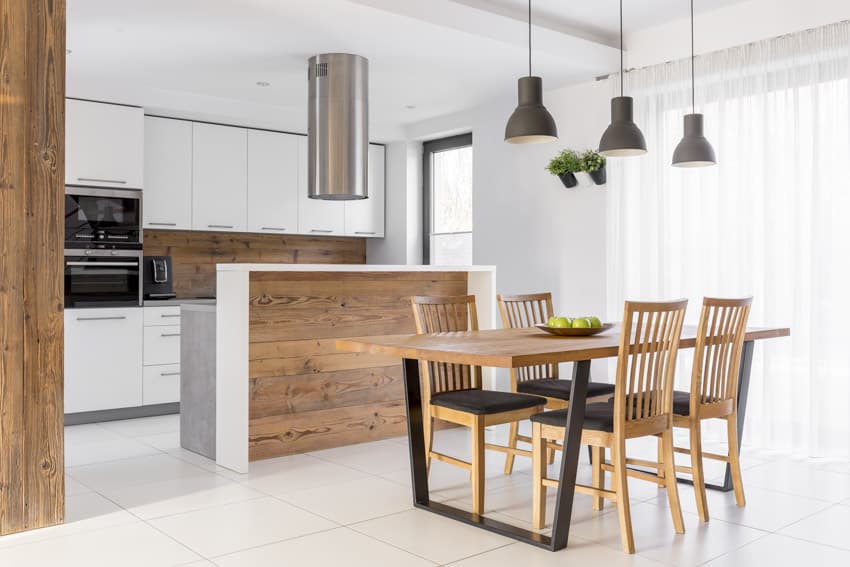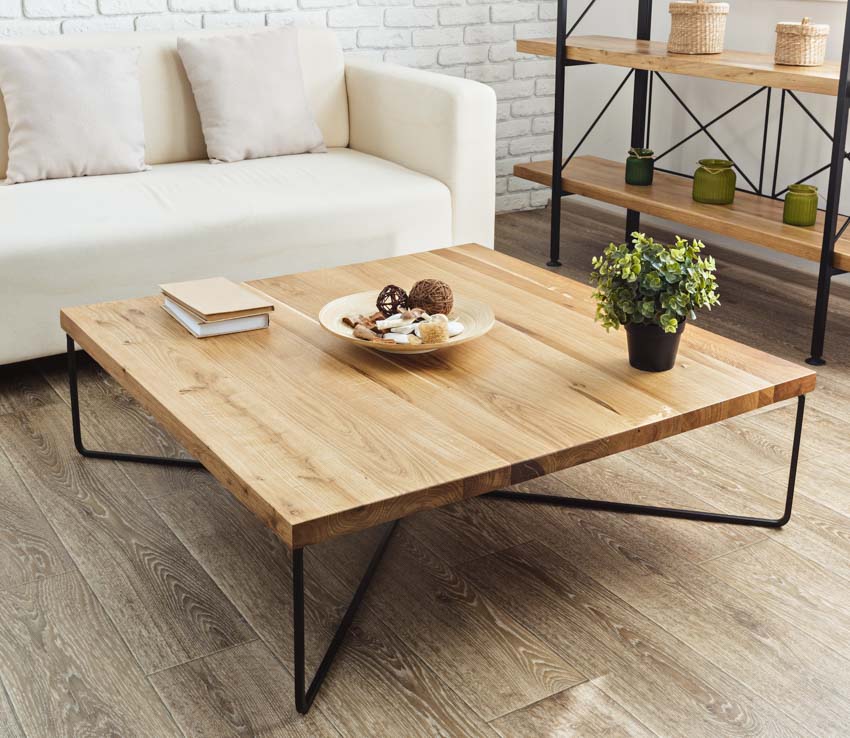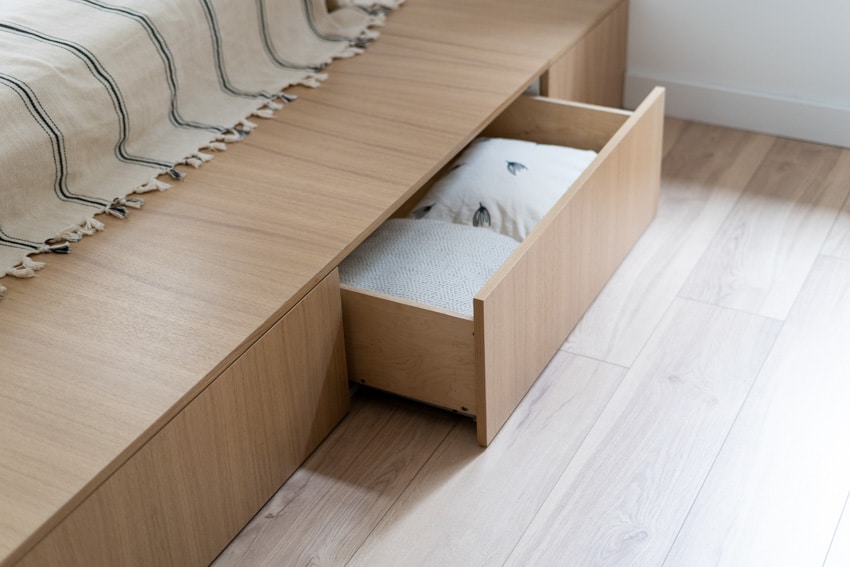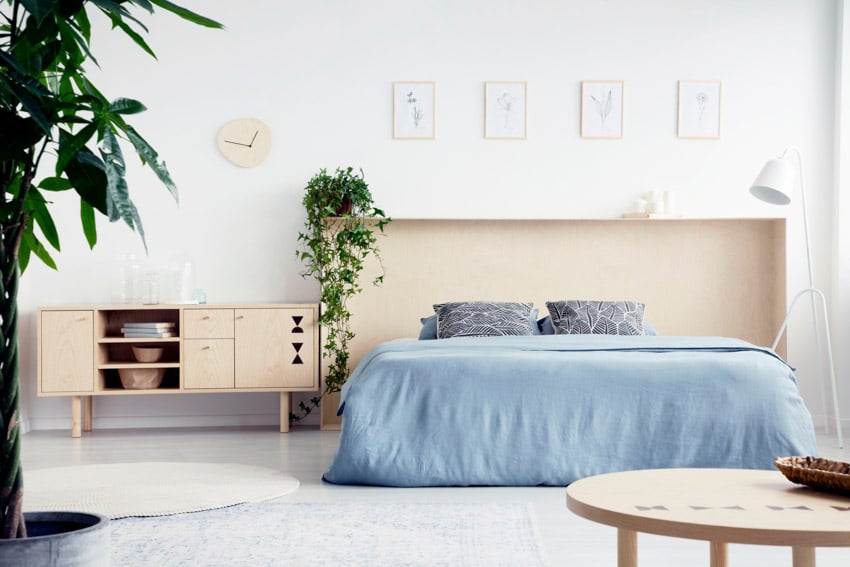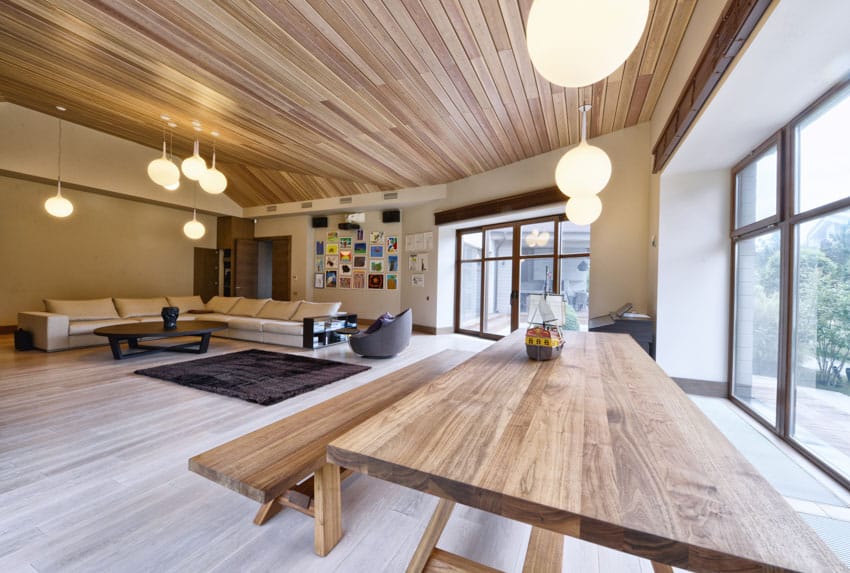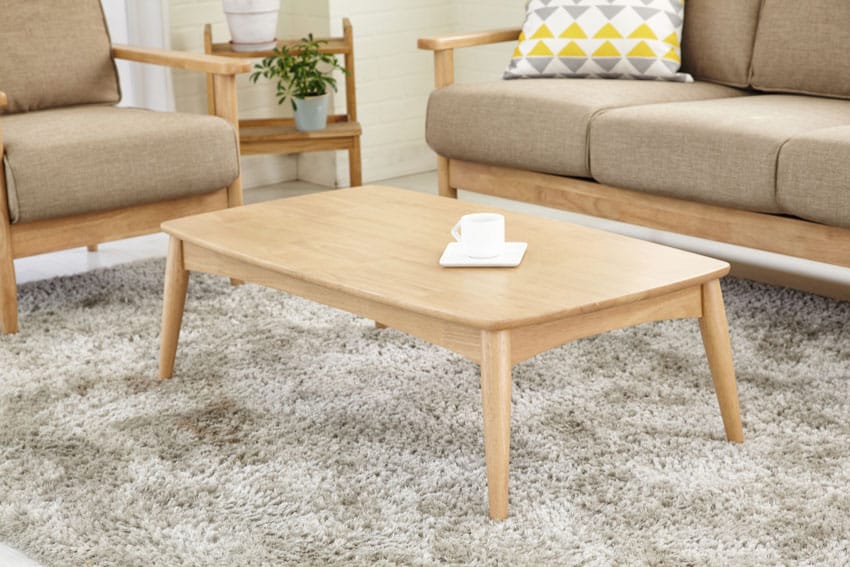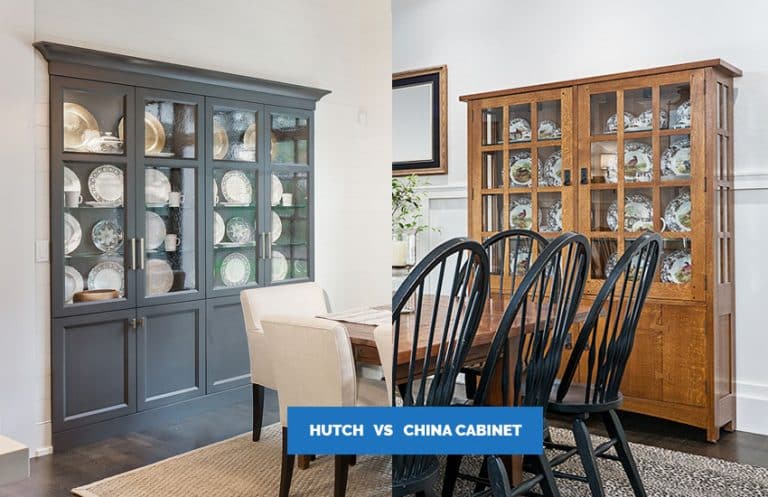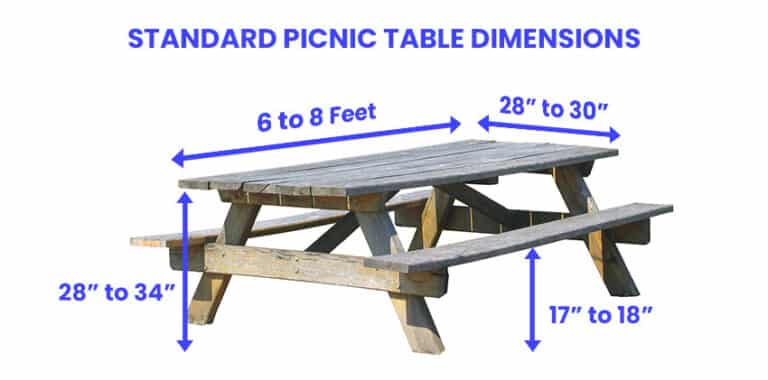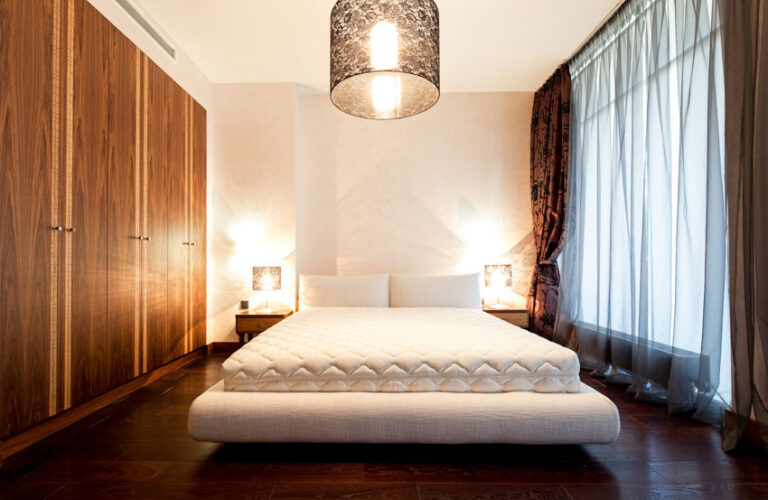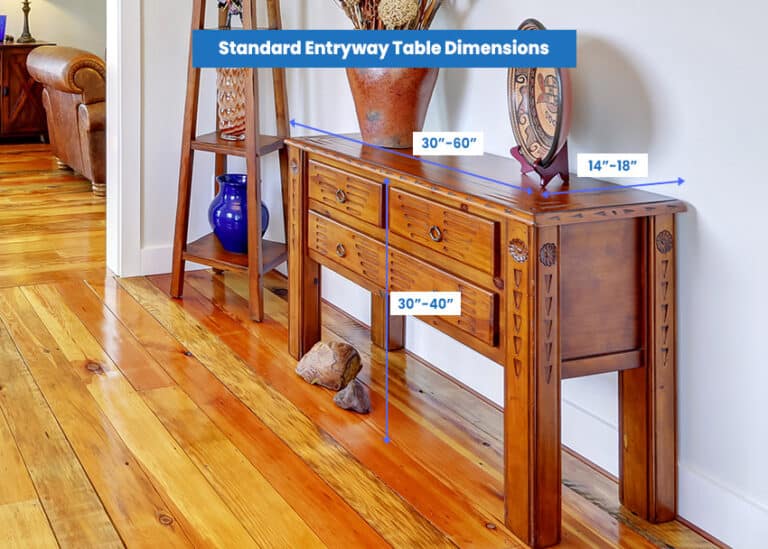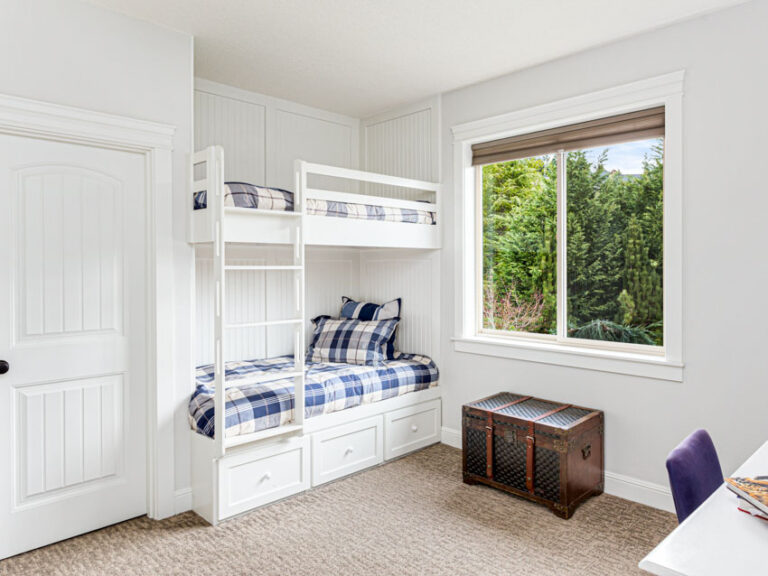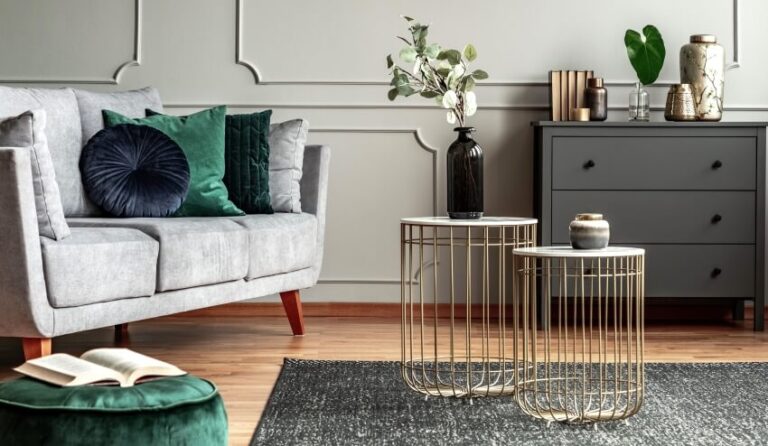17 Popular Types of Wood for Furniture and Their Unique Characteristics
You will certainly agree that one of the most popular materials used to make furniture is wood. The production of furniture can be accomplished with almost any kind. Some types have unique qualities that enable you to recognize their type with just a glance. Surely, wood does have a wide range of features and can add varying levels of warmth, accent, and aesthetic to your well-loved home. The color, density, pattern, and finish for the types of wood for furniture can actually differ. Selecting the proper variety is essential since it lets you determine the look, cost and durability of your purchase. It will also help you identify whether you decide to repair, sell, or throw away a piece of wood furniture.
Take note: even though every type of wood can be used to manufacture various pieces of furniture, you must remember that not all have matured and created the same way. You should henceforth select one wisely to ensure that you are getting a furniture piece that will serve you for decades.
Wood Types Used for Furniture
Here, we share the different popular wood types for different furniture pieces and their characteristics.
Oak
Oak is under the category of hardwood which is known for its strength and durability. Because of its incredible resistance to wear and tear, it is a widely known pick for furniture-making. It is frequently used in the construction of tables, chairs, dressers, and other major pieces of furniture.
Truly, oak is a very robust variety that can endure the weight of heavy objects, making it an excellent choice for frequently utilized furniture. It is very simple to work with and can be polished in a wide range of techniques, making it an ideal material for furniture construction.
Color – The color of oak varies based on the species of oak and where it matured. Red and white oak are both popular varieties. In general, the color ranges from light beige to white, yellow, orange, and brown.
Red oak, the most popular species of oak used in furniture, features a reddish or pinkish hue, whereas white oak has a pale grayish-brown color scheme. The way oak is polished can also alter its color, with different stains and finishes producing a vast array of colors and hues.
Grain – Oak has a straight grain with a medium to coarse texture. Oak grain patterns can also be uneven, with the direction of the grain changing significantly within the same piece of wood.
This distinguishes oak and makes it a popular option for use in furniture and other decorative elements. Finishing and sanding can further improve the grain of oak, which helps accentuate the natural grains of the wood even more and makes them appear a lot more gorgeous.
Hardness – The hardness of oak varies depending on the species, but oak is an exceptionally hard and dense wood in general. The hardness of different types is measured using the Janka Hardness Scale, where red oak ranks at 1,290 lbf and white oak around 1,360 lbf.
Finishes – Oak can be finished in a number of ways to protect it while also enhancing its inherent beauty. Applying a protective coating or treatment to the surface of oak helps it resist dampness, wear, and other sorts of damage.
Finishes can also be used to alter the color of oak or to highlight the inherent grain pattern. Professional woodworkers say staining, varnish, shellac, and oil are some common finishes that are suitable for oak.
The ideal finishing for oak will be determined by the intended use of the wood as well as the desired appearance. Honey oak is a popular choice with its light orange color that has been very popular over the years.
Uses – Because of its sturdiness and long-term durability, oak is a common pick for manufacturing pieces of furniture such as cabinets, tables, chairs, dressers, desks, shelves, and many more.
Oak’s distinctive pattern and known hardness make it a top choice for furniture such as cabinets, tables, and chairs. Due to its durability and desirable qualities for furniture such as being fungal resistant, oak furniture is said to have an indefinite lifespan which means furniture made from oak can be the perfect heirloom piece. – interior designer, Ellen Siloy
Mahogany
Mahogany is a hardwood renowned for its beauty, strength, and durability. Because of its appealing grain pattern and rich color, it is an excellent selection for furniture manufacturing and carpentry.
It is also rot and decay-resistant, making it ideal for outdoor furniture and other applications that will be exposed to the elements.
Color – Mahogany is often a rich, reddish-brown color. The hue can range from a faint yellowish-brown to a deep reddish-brown, and it is determined by the species of mahogany used and the location where it was produced.
Mahogany wood’s color can be increased by staining or oiling, which brings out the natural beauty of the variety and adds depth to the color.
Grain – Mahogany wood’s grain is usually linear, but it can sometimes be wavy. This hardwood has a fine, even grain as well as a medium to high natural gloss, giving it a smooth, appealing aspect.
Furthermore, one of the primary factors that makes mahogany a common option for furniture-making and handicrafts is its remarkable grain pattern.
Sanding and polishing can bring out the unique features of the wood and make the overall pattern more noticeable while enhancing the grain of mahogany.
Hardness – Mahogany varies in hardness depending on the species, but it is a hard and dense hardwood in general. Mahogany ranks around 800 to 900 lbf on the Janka Hardness Scale.
Finishes – Mahogany’s inherent color and grain pattern can be enhanced by staining. Stains come in a variety of hues ranging from light to dark.
It can also be varnished to safeguard the wood and add a lustrous finish. Varnish is a transparent finish that is applied to the surface and dried.
Mahogany can also be oiled to protect it and accentuate its natural color and grain pattern. It can also be painted to change the color or cover any defects or imperfections.
Uses – Because of its strength, stability, and gorgeous appearance, mahogany is a popular option for making furniture. It is frequently used in the manufacture of tables, chairs, sofas, and other forms of furniture.
Because of its strength, stability, and capacity to accept a finish well, it is also a wise option for cabinets – it is frequently utilized in the manufacture of kitchen cabinets, bathroom vanities, and other forms of built-in cupboards.
Mahogany wood is a dense, reddish-brown with a fine, tight grain, making it a popular choice for high-end furniture such as dining tables and chairs. – interior designer, Ellen Siloy
Maple
Maple is another type of hardwood that is customarily used in a range of applications such as furniture, flooring, cabinets, and even musical instruments. It is purely well-known for its strength, stability, and exquisite appearance. Maple comes in a variety of types, including hard maple, soft maple, curly maple, and bird-eye maple.
Color – Based on our expertise in regards to maple trees, the color of maple varies, but it is often pale to medium brown with a fine, even grain.
Some maple varieties have a reddish or golden tint. The absolute hue of maple can vary depending on the type of maple tree it comes from as well as characteristics such as the tree’s age and place of growth.
Grain – While the maple wood’s grain is usually straight, there is a possibility that it could occasionally be slightly wavy or curly. Some maple types, like bird’s eye maple, have a more distinct grain pattern with swirling, circular patterns.
Hardness – According to tree specialists, the type of maple tree from which lumber was harvested, along with other elements like the tree’s age and the environment in which it was grown, can all affect the wood’s hardness.
Maple is often harder than most other types and is frequently used in high-stress applications such as flooring, furniture, and cabinets.
The Janka rating of hard maple is 1,450 lbf. It surpasses the vast majority of other popular kinds used by furniture manufacturers. Soft maple, a less popular maple variant, comes with a Janka rating of 950.
Finishes – Oil, varnish, lacquer, and polyurethane are just a few of the treatments that can be used on maple. Each finish has its own set of features and properties, and the optimal choice for a specific project will be determined by the intended usage as well as the desired aesthetic of the finished piece.
Uses – Because it is robust and resistant to wear and tear, we see that maple is a common pick for kitchen cabinets and other types of cabinetry. Maple is frequently used not just in the construction chairs, tables, closets, and dressers but also floors.
Along with oak, maple is one of the top choices when it comes to wood furniture. Maple is a hard, dense material with a smooth, even grain, making it ideal for furniture such as desks, dressers, and kitchen cabinets. – interior designer, Ellen Siloy
Walnut
Walnut is a hardwood appreciated for its rich, dark color and eye-pleasing grain pattern. Because of its beauty and long-term durability, it is frequently used in furniture, cabinets, and other woodworking applications. Walnut is impervious to decay and rot, which makes it an excellent solution for both indoor and outdoor projects.
Color – Walnut is typically dark brown in color in the majority, but it has varying lines that are ranging from light to dark brown. The hue might vary based on the type of walnut tree used and other factors such as the tree’s age and region of growth.
The rich, dark color of walnut is often described as chocolate brown or a deep, dark brown. The color of walnut darkens with age and exposure to light, and it can also be impacted by the type of finish used on it.
In addition to the dark brown color of the wood, walnut may contain lighter-colored sapwood, which is found nearer to the tree’s bark. We have observed that the walnut sapwood is often cream or light yellow in color.
Walnut is frequently used as a decorative component in furniture and other woodworking projects. The contrast between the dark brown heartwood and the light-colored sapwood in walnut can give it a distinct and appealing appearance.
Grain – Walnut has a straight grain pattern that can appear wavy or curly at times. The grain is frequently interlaced, giving it a distinct and appealing appearance.
Because of its elegant appearance and sleek lines, walnut wood’s grain is often fine and smooth, and it is frequently used in high-class furniture and cabinets.
Hardness – Black walnut, the most prevalent type of walnut, has a Janka hardness rating of 1,010 lbf.
Finishes – To give walnut a natural, warm appearance, experts suggest using oil finishes such as tung oil or linseed. Polyurethane varnish, for instance , can be applied to walnut to give it a strong and protective surface. For a glossy and eye-catching finish, shellac and lacquer are also viable alternatives.
Uses – Walnut wood is a tough and long-lasting hardwood valued for its rich, dark color and beautiful grain pattern. It is commonly used in the manufacture of different pieces of furniture such as rich walnut kitchen cabinetry, tables, shelves, desks, and many more. Walnut is also utilized in other crafts such as turning, carving, and inlay work.
Walnut lumber is a hard, heavy wood with a rich, dark color and distinctive grain pattern, making it ideal for furniture such as desks and credenzas. – interior designer, Ellen Siloy
Ash
Due to its strength, durability, and appealing appearance, ash is a popular hardwood for furniture production. The hardness of ash varies depending on the type of tree from which it was harvested, but it is typically regarded as a hard and enduring wood.
It is also relatively stable, which means it does not warp or shrink as much as other types. We think that it is also a great option for locations that experience fluctuations in humidity or temperature.
Color – The color of ash varies depending on the species of tree from which it was obtained. Ash is well-known for its appealing, even-toned color, which can range from pale yellow to light brown to medium brown.
Grain – Ash has a straight grain pattern that occasionally appears to be wavy or curly. It often has an exquisite, uniform grain. Some ash trees may have a grain pattern that is more obvious, with more waviness or curl, whereas other ash trees may have a more subdued grain pattern.
Hardness – White ash, the most popular variety of ash wood furniture, has a high Janka hardness rating of 1,320 lbf. This makes it an incredible option for pieces of furniture that are meant for daily usage and abuse.
Finishes – Ash can be treated with a variety of finishes, including oil finishes, varnish finishes, lacquer finishes, and shellac finishes. The ideal option for a given project will depend on the intended usage, the desired look of the finished product, and unique characteristics of the wood treatments.
When finishing ash, we suggest adhering to the manufacturer’s guidelines and wait until each coat of finish has fully cured before adding the next one.
Uses – Ash is a strong and shock-resistant variety that works well for creating furniture that will be used frequently or heavily impacted.
Because of its durability and appealing appearance, it is used to make chairs, tables, and other forms of furniture. Other major products including cabinets, doors, and flooring are also made using it.
Birch
Birch is a species of hardwood native to the Northern Hemisphere’s cold, temperate climates. It is well-known for its strength and pressure resistance, making it an excellent option for usage in furniture and other products subjected to intense use or impact.
Color – Birch is typically mild to medium brown in color, with tints ranging from light to dark. Birch has a distinct and appealing appearance due to the contrast between the light to medium-brown heartwood and the light-colored sapwood.
Grain – Birch has a straight grain pattern that can appear wavy or curled at times.
Hardness – Birch has a hardness rating of 1,210 on the Janka Hardness Scale.
Finishes – Birch can be finished in a variety of ways to improve its beauty and preserve it from damage. Stains, clear coats, paints, oils, waxes, and lacquers are some common birch finishes you might want to try.
Uses – Birch wood can be used for a variety of uses, including furniture, cabinets, and flooring. It is also used to make paper and other items, and it is a popular material for carving and other crafts.
From a deciduous tree, birch wood is a hard, light-colored material with a fine and tight grain, making it ideal for furniture such as cabinets and bookcases. – interior designer, Ellen Siloy
Beech
Beech is a firm, strong, and long-lasting wood with a crisp, straight grain and a pale, uniform color. It is often used to make furniture, flooring, and other wooden items.
Beech trees are native to Europe and North America and have been used for a number of uses for generations.
Color – Beech is light in color and appears consistent and smooth. Its color ranges from a delicate, creamy white to a faint pinkish-brown.
The color of beech varies depending on the tree and where it matures, but it is typically recognized for its pale, smooth appearance.
Grain – The grain of beech is uniformly fine and straight. Beech wood’s grain is rather closer together and is recognized for its smooth, even texture.
Hardness – European beech has a Janka hardness rating of 1,450 lbf, while the American beech has 1,300 lbf.
Finishes – Beech can be finished in a multitude of ways to complement and preserve its natural color and grain pattern. Staining, oil, and paint are some common finishes for beech to enhance its appeal.
Uses – Because of its strength, stability, and lovely appearance, beech is a wise option for building furniture or light colored wooden cabinetry. It is frequently used in the manufacture of tables, chairs, sofas, cabinets, computer desks, and many more. Due to its high hardness rating, beech can also be used to make floors, doors, moldings, and trims.
Cherry
Cherry is a hardwood that is also commonly used to make a plethora of furniture pieces. It is generally easy to work with and produces a high-quality finish. It is highly valued for its strength and stability, and it is frequently used in the manufacture of high-end furniture, cabinetry, and other handicraft applications.
Color – Cherry is indeed well-known for its stunning reddish-brown color. It has a light to medium reddish-brown color with a rosy or crimson tone when newly cut. Cherry darkens and takes on a deeper, reddish-brown color as it matures and when it is regularly subjected to sunlight.
Grain – Cherry is distinguished by its straight grain pattern, which consists of long, uninterrupted lines that run parallel to its length. Its wood grain is delicate and smooth in nature, with a slightly wavy or twisted appearance in some species.
Hardness – Cherry has a Janka hardness grade of 950 lbf, according to the Janka hardness test.
Finishes – Cherry’s color can be enhanced with stains, varnishes, and oils, which bring out the wood’s natural color and grain pattern.
Uses – Because of its appealing reddish-brown color, fine grain, and durability, cherry is often used in the production of furniture such as bedroom and dining room furniture as well as the creation of kitchen cabinets and other forms of cabinets. Cherry is used to produce floors and musical instruments such as guitars and basses.
The elegant and rich-colored cherry wood is a hard, strong material with a reddish-brown color, making it ideal for custom furniture such as desks and bed frames suitable for traditional interiors. – interior designer, Ellen Siloy.
Another alternative fruit tree that is equally beautiful and durable like the cherry is applewood.
Pine
Pine is a softwood that boasts a light hue, unique grain, and pleasant odor. It is widely utilized in a wide range of applications, including building, furniture manufacturing, and paper production. Although it is a softwood, we believe that furniture made out of pine can survive for many years.
Color – Pine is pale in color. Pine wood’s hue ranges from light yellowish-brown to mild reddish-brown, and it is frequently distinguished by knots and other flaws that give it a rugged, natural appeal.
Grain – Pine has a characteristic grain pattern with a straight, even grain and a uniform texture. However, it can be wavy or curly in some situations.
Hardness – Pine is a softwood with a hardness rating of 380 lbf, making it softer than most other varieties.
Finishes – The appropriate finish for your pine wood furniture will be determined by your needs and preferences. But to give you an idea, designers suggest using stains, waxes, lacquers, clear coats, paints, and oil finishes to enhance the beauty and durability of your pine furniture.
Uses – Due to its strength and elegant appearance, pine is frequently used in the manufacturing of pieces of furniture such as tables, chairs, and dressers. It is also used to make other things like cabinets and doors.
A more affordable yet relatively hardwood, pine furniture remains a popular option. Its affordability and availability compared to other types of lumber make pine a great option for furniture. Pine is a soft, lightweight material with a knotty texture, making it popular for rustic and country-style furniture. – interior designer, Ellen Siloy
Cedar
See this cedar side table at Amazon [sponsored link]
Cedar is a softwood that is extensively used in furniture production as well as a range of other applications. It is derived from the tree genus Cedrus. It is regarded for its durability, decent hardness, and natural beauty, and it is frequently used for both indoor and outdoor furniture.
Color – The majority of cedar panels and timbers are pinkish-red in color, with some purplish undertones.
Grain – Cedar wood grain is distinguished by its straight, consistent pattern, which gives it a smooth and clean appearance.
Hardness – The Janka rating of cedar is 900 lbf.
Finishes – Cedar is a popular choice for a lot of various applications because it is fairly easy to work with and responds well to staining, waxing, painting, and finishing.
Uses – Aside from furniture pieces like cedar cabinetry, chairs and tables, it is also utilized in a range of other applications such as construction, flooring, and decking. Its distinct, pleasant aroma makes it useful in the creation of essential oils and perfumes.
Teak
Teak is a species of hardwood native to Southeast Asia that is widely utilized in a range of industries such as furniture manufacturing, shipbuilding, and outdoor construction.
It is widely known for outdoor furniture and other uses that are exposed to the outdoors due to its longevity, strength, and inherent resistance to rot and decay. Teak is also valued for its natural oils, which protect it from stubborn termites and other wood-attacking insects.
Color – Teak has a luxurious golden-brown color that can darken over time and develop a grayish-silver patina.
Grain – Teak wood grain is distinguished by its straight, uniform pattern, which gives it a smooth and even appearance.
Hardness – Teak has a high hardness value of 1,155 lbf on the Janka Hardness scale.
Finishes – Teak wood can be finished in a variety of ways to extend its beauty and longevity, including varnishing, waxing, and staining. However, finishing it won’t always be necessary as it has abundant natural oils to protect itself from the elements.
Uses – Teak is used for a variety of purposes, including natural outdoor furniture, shipbuilding, and outdoor building development. It can also be used for decking, flooring, and other decorative purposes.
Rosewood
Rosewood is a dense, heavy hardwood with a significant amount of natural oil, giving it a smooth, lustrous sheen and making it rot- and decay-resistant.
It is relatively tough to work with, but it accepts staining, painting, and finishing well, and it is frequently used to manufacture high-quality furniture and other ornamental objects.
Color – Rosewood is recognized for its dark, rich color, which can range from deep red to purplish-brown.
Grain – Rosewood has a unique grain pattern distinguished by swirling and wavy lines.
Hardness – Rosewood’s Janka hardness rating varies depending on the species of tree, although it is generally regarded as a medium- to high-hardness.
Brazilian rosewood (Dalbergia nigra), for instance, has a Janka hardness rating of 2,500 lbf. Other species have a hardness value of 1,780 lbf on average.
Finishes – Rosewood can be finished in a variety of ways, including varnish, oil, wax, and staining. These finishes are widely used to defend and protect rosewood furniture and can be utilized to enhance its inherent beauty.
Uses – Rosewood is frequently utilized in a range of applications, such as tables, chairs, desks, cabinets, percussion equipment, and art pieces.
Wood Composition Characteristics
Here, we share the composition characteristics of wood used for different types of furniture pieces.
Solid Wood
Solid wood furniture is often constructed from a single piece rather than many pieces bonded or laminated together. Moreover, according to experts, this furniture is typically more enduring and long-lasting than other pieces of furniture produced from other materials since it is made from an entire solid piece of genuine wood.
The downside, however, is the cost of the raw materials and the work required. Yes, these make it more expensive than other forms of furniture.
You might ask what wood species can be used to manufacture solid furniture. Well, typically, pine, oak, maple, walnut, mahogany, and teak are among the different types that can be used. Solid wood furniture has a warmth and natural beauty that other materials may not be able to match and surpass. The wood’s grain, knots, and color differences give each piece a special personality.
Over time, the value of this investment can rise. Although it is typically more expensive than other forms of furniture, this type, according to furniture-selling experts, has a higher chance of increasing in value over time.
Additionally, woodworkers love to use it as it may be tailored to fit any décor by using a range of finishing techniques, such as staining, painting, and varnishing. Plus, being biodegradable and able to be captured from sustainable forests, solid lumber is more environmentally friendly than furniture constructed of man-made materials.
Unfortunately, if not properly maintained, keep in mind that it can still be vulnerable to warping, splitting, and breaking. It can also be more difficult to relocate and carry because it is heavier than other forms of furniture. Luckily, with meticulous maintenance, solid wood furniture can last for many decades, and it can be a wonderful and treasured addition to any house.
Hardwood
The lumber used to make hardwood furniture normally comes from deciduous trees, which shed their leaves annually. These trees are often larger and more mature, and the lumber they produce is denser, stronger, and more resilient.
The following hardwoods are frequently used to make furniture: oak, maple, cherry, walnut, mahogany, and teak, and you might agree that these hardwoods are among the most popular selections of professional interior designers.
Due to the hefty cost of the raw materials as well as the necessary labor to manufacture it, hardwood furniture is typically more pricey than furniture styles created from other lighter materials.
However, its edge over those cheaper and lighter materials is that hardwood may be easily sanded and refinished repeatedly throughout the years. Meaning, you can maintain its original beauty and make it more durable than ever.
Apart from that, in comparison to furniture constructed of other artificial materials like particleboard or MDF (medium-density fiberboard), hardwood furniture is, without a doubt, more long-lasting.
As per experienced woodworkers, staining, painting, and varnishing are just a few solutions for finishing hardwood furniture. The hardwood furniture’s appearance and robustness will partly depend on the finish chosen as well.
So if you are looking for high-quality furniture that is sure to last for decades and is both aesthetically pleasing and functional, hardwood furniture would be an ideal pick. It can be used in many different places, such as private residences, workplaces, and public areas.
However, to preserve its aesthetics and lengthen its longevity, hardwood furniture must be properly cared for. Regular cleaning, polishing, and refinishing might be part of this.
Softwood
Softwood, a type that is less dense and less strong than hardwood, hence the name. In general, softwoods may cost less than hardwoods. Pine and cedar are some of the softwood species that are frequently used to make furniture.
On a positive note, due to lower labor costs and raw material costs, softwood furniture is typically less expensive than hardwood. Meanwhile, it typically has a shorter lifespan than hardwood furniture. According to experts, softwoods may not hold up as well over time and are more vulnerable to dings, dents, and scratches.
Indeed, furniture made of softwood is a wise option for homeowners on a tight budget but still want something aesthetically pleasing and functional but less expensive than hardwood. Yes, it can be used in many different locations such as private residences, workplaces, and public areas.
Nevertheless, to further increase longevity and preserve the appearance of softwood furniture, ensure proper maintenance – this includes dusting, polishing, and refinishing as needed.
Hardwood Vs Softwood
When selecting the type of furniture for your beloved home, one of the most important considerations you will have to make is whether to go with hardwood or softwood. Although both types have advantages and disadvantages, there are several key differences to consider before making your selection.
If you are going to take a closer look at their names, you must already know that the density and strength of hardwood and softwood differ significantly. Since hardwood is denser and stronger than softwood, it is clearly more durable and long-lasting. Hardwood furniture is more resistant to various types of damage, and it is more likely to last a long time.
Softwood, as previously mentioned, is less dense and less robust than hardwood. Thus, it is more vulnerable to damage and may not last for decades. But if you are cutting costs on your furniture, softwood may be a better pick. Its raw materials and labor normally require minor expenses, hence softwood furniture is often less expensive.
Both hardwood and softwood can be treated in a variety of ways, including painting, varnishing, staining, and refinishing. We usually notice the inherent grain, knots, and color patterns of hardwood. These give it a distinct personality that is not always evident in softwood.
Furthermore, we believe that both have advantages and disadvantages in terms of environmental effects. Hardwood is a natural, renewable resource that may be obtained from well-managed forests. Softwood, on the other hand, is more commercially available than hardwood, although based on our observation and experience, it is not always obtained from sustainable forests.
In a nutshell, the decision between both types will finally be determined by your budget, the level of durability you want, and your particular preferences as well.
Engineered Wood
We have seen that engineered wood furniture has become increasingly popular. Well it is created by applying adhesives to bond multiple layers of wood veneer or fibers together. Depending on how it is handled, some builders believe that engineered products are sometimes more stable than natural wood, making it less prone to warping, splitting, and cracking.
As you browse online or in actuality, you’ll see that there are several types of engineered wood, including plywood, laminated, particle board, HDF (high-density fiberboard), and MDF (medium-density fiberboard). Because they are less costly to make and more generally available, these forms are frequently used as a less expensive substitute for genuine wood in the production of furniture.
Engineered wood furniture is typically less expensive than natural wood furniture because of the reduced cost of materials and labor. And yes, they are only man-made. Furniture delivery companies prefer this type of furniture as it is lighter and easier to transport than natural wood furniture.
Additionally, engineered wood furniture can also be stained, painted, or varnished in a variety of ways, just like natural vatrieties, but the intricate details won’t be that noticeable in engineered products.
Indeed, engineered wood furniture is a good alternative for individuals on a budget but still want functional and appealing pieces. Certainly, it is suitable for usage in a vast array of locations, including homes, offices, and even commercial areas. However, if you wish to extend the lifespan and keep the aesthetic, you have to provide proper upkeep.
Manufactured Wood
Manufactured wood is another type of man-made product created from wooden fibers or particles that have been joined together with adhesives. It is sometimes referred to as composite wood. Manufactured wood is lighter, weaker, and less sturdy than genuine wooden products in general, but according to furniture builders, it is usually easier to work with. Plywood, particleboard, melamine and MDF are all examples of manufactured wood.
Since they are more generally available, these forms are frequently used as a more affordable alternative to solid wood in the production of furniture. However, it is more susceptible to dents, scratches, and other damage, and it may not last as long. In addition, manufactured products such as melamine may cause adverse health effects when exposed to its chemicals.
Particleboard Furniture
Particleboard furniture is a type of manufactured wood product composed of wooden particles or shavings that are combined with binders and pressed together. The mixture is then heated and formed into a sheet or board.
Moreover, particleboard is less dense and less expensive than plywood and is frequently used in the manufacture of low-cost furniture with wood veneers.
Particleboard furniture is a low-density fiberboard that is also lighter and easier to transport than natural wood furniture. It is not, nevertheless, as sturdy or long-lasting as natural wood furniture, and it might not endure that long.
Moreover, you can still finish particleboard furniture pieces in a variety of ways to enhance its appearance. This allows you to personalize the look of your furniture to match your unique style and home decor.
Also, particleboard is simple to work with, making it an excellent alternative for anyone interested in DIY projects or customizing their furniture.
Those who are looking for functional, cheap furniture that is easy to transport and modify might consider purchasing particleboard furniture.
Plywood
Plywood furniture is another sort of manufactured product that is produced from thin layers of wood veneer that are glued together with the grain of each layer running at right angles to the one above and below it. Plywood is a robust material that is commonly used to build cabinets, shelves, and other storage units.
As per contractors, plywood, despite its thinness, is still durable and solid, making it ideal for the building of various types of furniture, particularly those that are used indoors. Nonetheless, to prolong the lifespan and keep the aesthetic of plywood furniture, regular maintenance is required, which might entail frequent cleaning and occasional polishing.
Best Wood For Furniture
Based on our vast expertise and knowledge of furniture-making, we believe hardwoods are the best type of wood for making furniture. Hardwood furniture combines maximum beauty and durability that no softwood or manufactured options will be able match and surpass.
The top picks are oak, maple, walnut, cherry and mahogany. These are all beautiful, durable and have rich colors and surface grain. However, it might also be safe to say that there is no “best” type of wood for furniture because different varieties have unique features that make them suited for various furniture usages.
When selecting wood for furniture, many factors must be considered, including durability (hardness), appearance, finish, and cost. Hence, when deciding to choose, it is essential to consider your specific needs and desired appearance of the furniture.
What Is A Good Cheap Wood To Use For Furniture?
Here are some of the most affordable yet good-quality types of wood that you can use for making decent-quality furniture pieces:
● Pine. This softwood has a natural, rustic appearance. It is reasonably priced, making it an excellent choice for those on a tight budget.
● Maple. Although it is more expensive than pine, it is still a more affordable alternative when compared to other varieties of hardwood. It has a high hardness rating that produces cost-effective pieces of furniture.
● Oak. Generally speaking, it costs more than maple and pine, but oak is still a fantastic deal given how long-lasting and durable it is. It can last for decades!
● Medium-Density Fiberboard (MDF). This engineered product is inexpensive and very simple to work with, but it is not as durable as real wood. But still, it produces good-quality furniture that is still very reliable and usable.
● Plywood. This is a manufactured product created by firmly gluing together panels of veneer. It is considered cheap and can be utilized for a wide range of major furniture applications.
Natural wood never fails to provide that organic quality that we innately love, and integrating these pieces in our stylized homes, brings benefits beyond wood’s aesthetic beauty. Durable and versatile, wood furniture remains a popular material.
Did you find all of the wooden furniture types and buying tips you we’re searching for? Let us know if you feel there’s any information, or details we left out in the comments.

